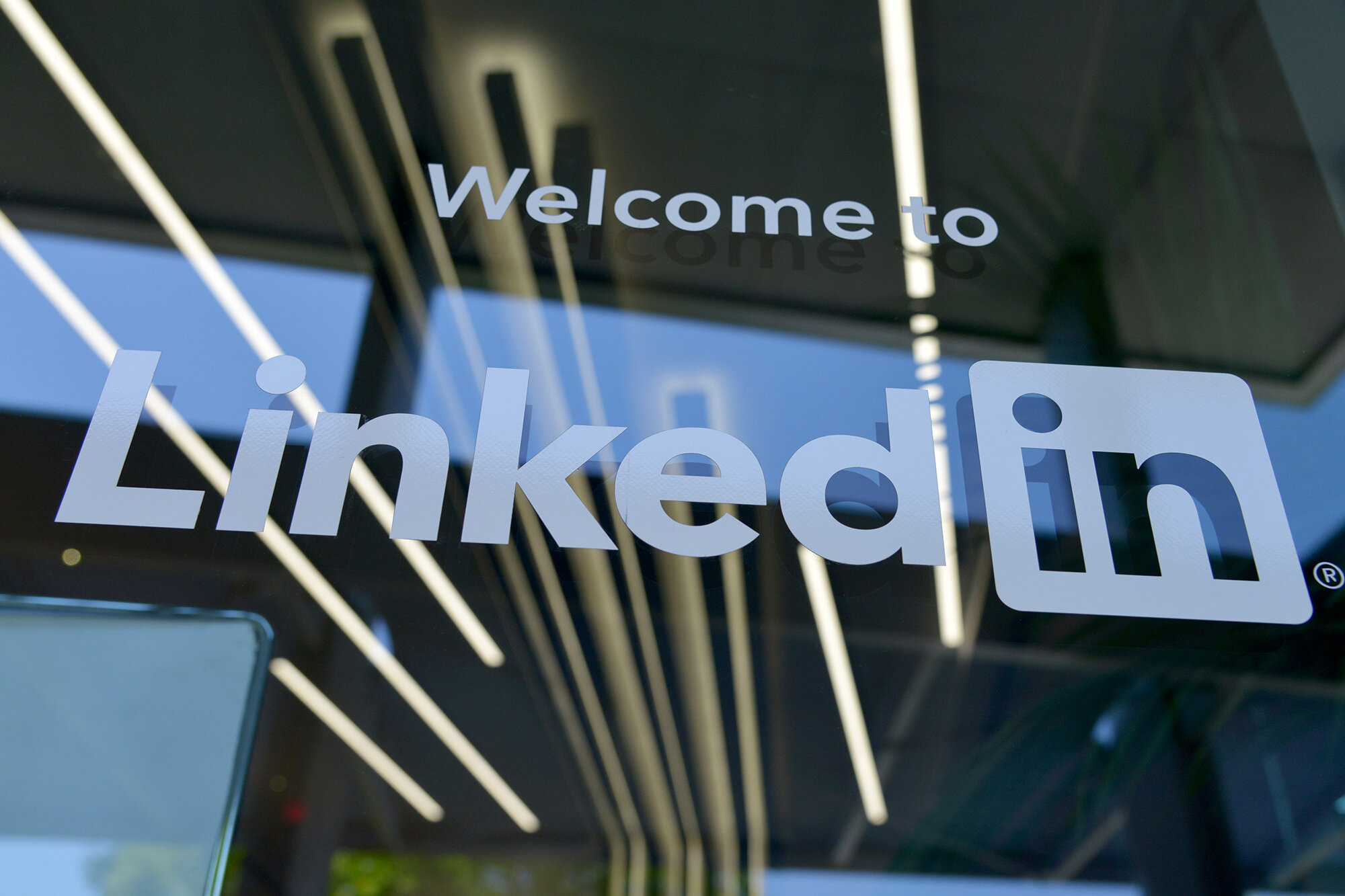The General Data Protection Regulation (GDPR) is a legal framework that came into effect on May 25, 2018, aimed at protecting the personal data of EU citizens. Despite the regulation being in force for several years, many organisations still misunderstand and misinterpret its requirements. In this article, we will discuss the common misconceptions of GDPR compliance.
GDPR only applies to European companies
One of the most common misconceptions about GDPR compliance is that it only applies to European companies. However, this is not the case. GDPR applies to all companies that process the personal data of EU citizens, regardless of their location.
For instance, if a company in the United States collects personal data from EU citizens, they must comply with GDPR.
GDPR compliance is only required for large companies
Another common misconception is that only large companies are required to comply with GDPR. This is not true. GDPR compliance applies to all companies, regardless of their size.
Whether you are a small or large organisation, you must comply with GDPR if you process personal data of EU citizens.
GDPR compliance is only required for online businesses
Many companies believe that GDPR compliance is only required for online businesses. This is not true. GDPR applies to all companies that process the personal data of EU citizens, whether online or offline.
Therefore, if you are a brick-and-mortar business that collects personal data from EU citizens, you must comply with GDPR.
GDPR compliance is only about consent
Some companies believe that GDPR compliance is only about getting consent from individuals to collect and process their personal data. While obtaining consent is an essential part of GDPR compliance, it is not the only requirement.
GDPR requires companies to implement appropriate technical and organisational measures to protect personal data, maintain accurate records of data processing activities, and report data breaches to the relevant authorities.
GDPR compliance is optional
Some companies believe that GDPR compliance is optional. However, this is not true. GDPR compliance is mandatory, and failure to comply can result in significant fines.
The maximum fine for non-compliance is 4% of the company’s global annual revenue or €20 million, whichever is greater.
GDPR compliance is a one-time event
Many companies believe that GDPR compliance is a one-time event. However, this is not true. GDPR compliance is an ongoing process that requires continuous monitoring and updating.
Organisations must regularly review and update their GDPR compliance programs to ensure that they remain effective and up to date with changes in the law.
GDPR compliance is the responsibility of the IT Department
Another common misconception is that GDPR compliance is the sole responsibility of the IT department. While the IT department plays a crucial role in GDPR compliance, compliance is a shared responsibility across the organisation.
All departments, including HR, marketing, and legal, must work together to ensure that the company complies with GDPR.
GDPR is only about protecting personal data
While GDPR’s primary objective is to protect personal data, it also aims to protect the fundamental rights and freedoms of individuals. GDPR requires companies to respect the privacy rights of individuals, including the right to access, rectify, and erase their personal data. Companies must also implement measures to prevent discrimination against individuals based on their personal data.
Conclusion
Are you confident that your business is fully GDPR compliant? With misconceptions surrounding GDPR compliance, it’s easy to fall into the trap of thinking that getting consent is all it takes. But compliance is an ongoing process that requires continuous monitoring and updating, and it’s the responsibility of all departments, not just IT.
Take action today by reviewing your data protection policies and procedures, assessing your GDPR compliance, and addressing any gaps or misconceptions. This will not only help you better protect personal data but also avoid costly penalties. Contact us today to learn more about our services and the ways in which we can empower your online success.
Let's make a website!
Book a FREE video call to discuss your business, project strategy, and more!
"*" indicates required fields
More from Metal Potato
Can Apple Vision Pro Revolutionise Computing?
Discover the Apple Vision Pro: a mixed-reality headset set to redefine computing, work, entertainment, and education.
How to Choose the Perfect Typography for Your Website
Master the art of web typography... from font selection to readability, create a visually stunning and user-friendly website.
The Power of WordPress for Small Businesses
Build a strong online presence for your small business with WordPress! It's easy to use, SEO-friendly, and very cost-effective.
Celebrating 40 Years of the Apple Mac
Explore 40 years of Mac evolution! Celebrating Apple's iconic computer and its impact on design, technology, and creativity.
Why LinkedIn Should Be Your Top Priority
Maximise career growth with LinkedIn's powerful benefits! Unlock networking opportunities, connect and build your personal brand.
7 Strategies to Build Customer Loyalty
Elevate your brand with proven strategies for customer loyalty. Personalised programs, consistency, and gratitude that resonate.






